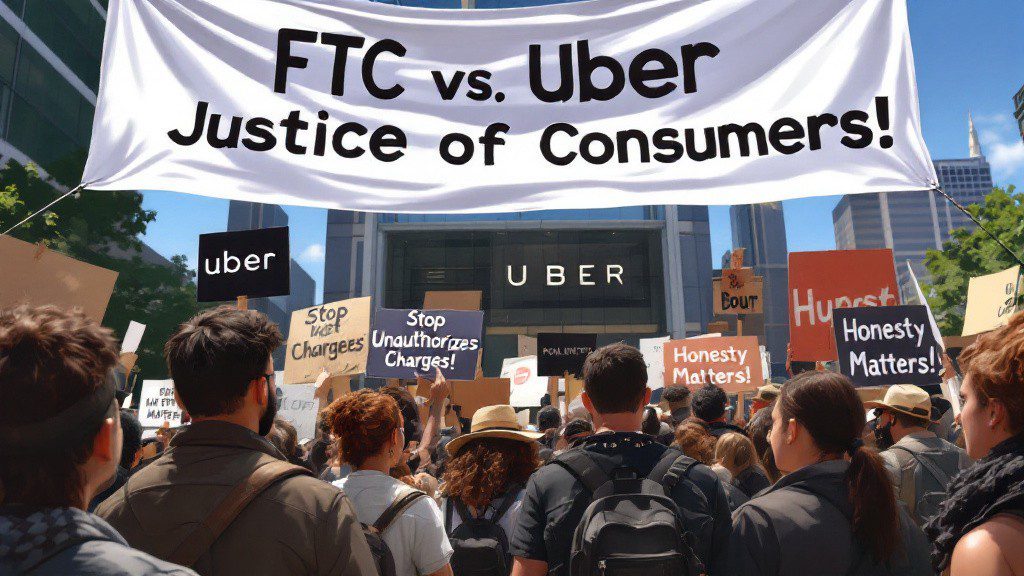The Federal Trade Commission (FTC) launched legal action against Uber Technologies on April 21, 2025, alleging the company charged users for Uber One subscriptions without consent and misled consumers about cancellation practices tied to its subscription service. The lawsuit also claims Uber created deliberate obstacles in the service cancellation process.
Unauthorised Charges and Deceptive Practices
At the centre of the controversy is Uber One, the company’s $9.99 monthly subscription service offering 6% cashback on rides and free Uber Eats delivery. The FTC’s complaint details how Uber allegedly enrolled customers without explicit permission, sometimes even creating subscriptions for individuals without Uber accounts.
The federal agency states that Uber deliberately obscured important subscription details using hard-to-read small text. Consumers reportedly faced a complex, multi-step cancellation process, contradicting Uber’s promise of easy service termination.
Financial Impact and Consumer Protection
The FTC’s investigation revealed that Uber’s advertised monthly savings claims were misleading, as they failed to factor in the subscription cost itself. This practice potentially left many subscribers paying more than they anticipated while struggling to cancel their memberships.
Uber’s Defence and Legal Implications
In response to the allegations, Uber maintains that its subscription processes are transparent and legally compliant. A company spokesperson expressed disappointment with the FTC’s action, asserting that their sign-up and cancellation procedures follow all applicable laws.
Regulatory Framework and Consumer Rights
The lawsuit centres on the Restore Online Shoppers’ Confidence Act (ROSCA), which mandates clear opt-out procedures for recurring charges. FTC Chairman Andrew N. Ferguson emphasised that American consumers are increasingly frustrated with unauthorised subscriptions and complicated cancellation processes.
Industry-Wide Implications
This legal challenge could establish new precedents for subscription-based services across various industries. The case highlights growing concerns about consumer protection in digital services and may lead to stricter enforcement of transparency requirements in subscription-based business models.
The outcome of this lawsuit could reshape how companies implement subscription services, potentially requiring more explicit consent mechanisms and simplified cancellation procedures. Uber’s stock has already experienced a negative impact following the announcement, indicating significant market concerns about the allegations.
News Source: CNBC




